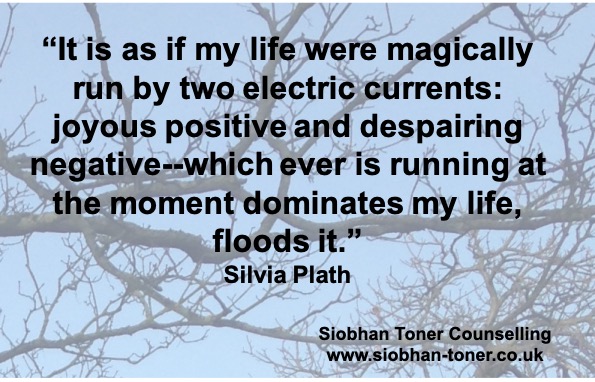
Thursday Thoughts


Counselling in London or online
Siobhan Toner offering individual one-to-one therapy in London or online

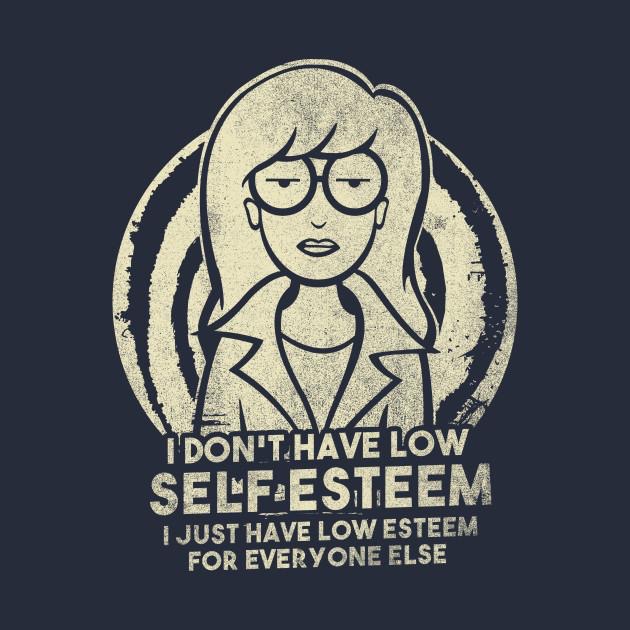
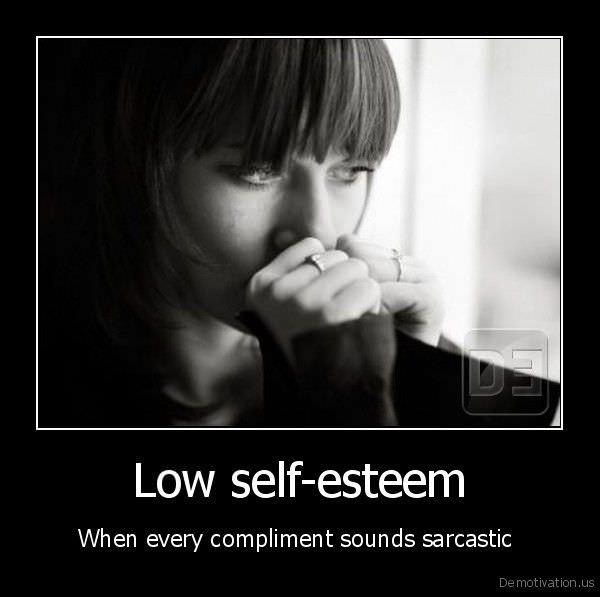
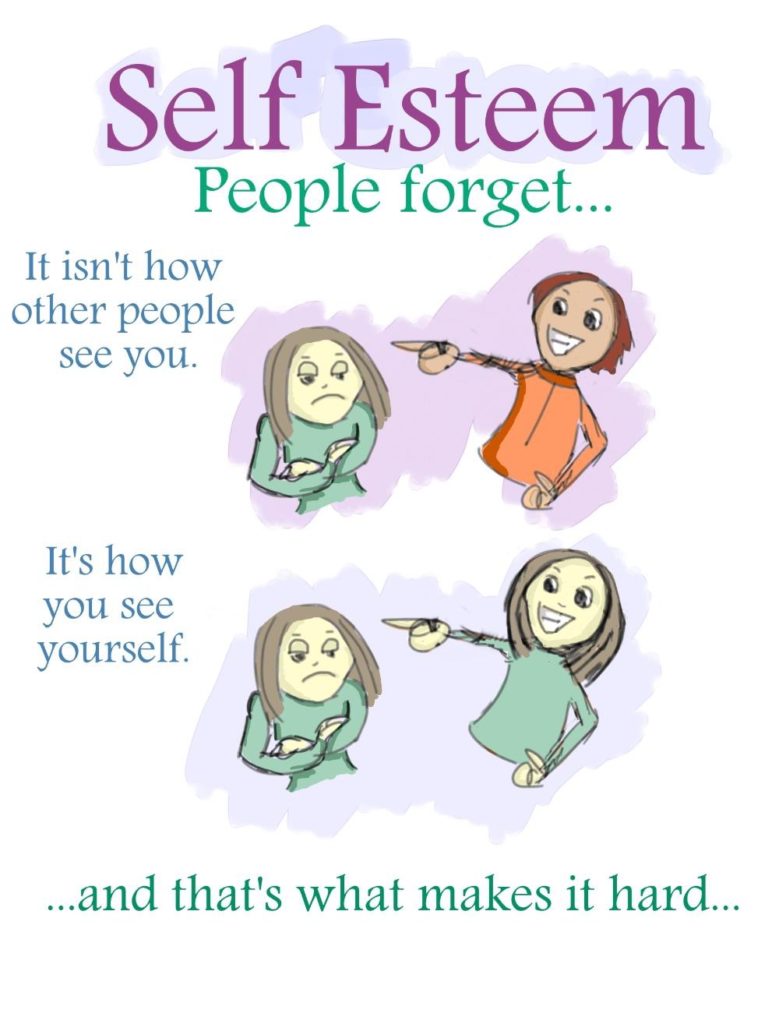
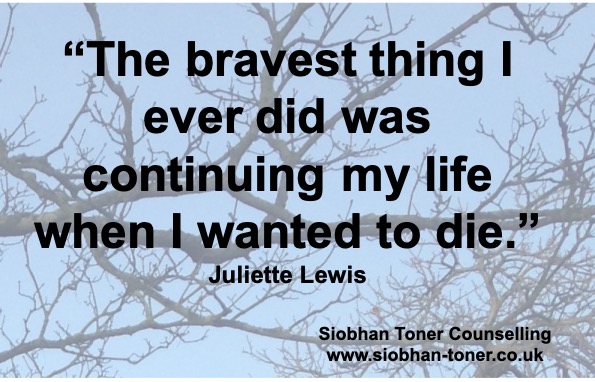
I find this a useful reminder on what gets forgotten with low self esteem.
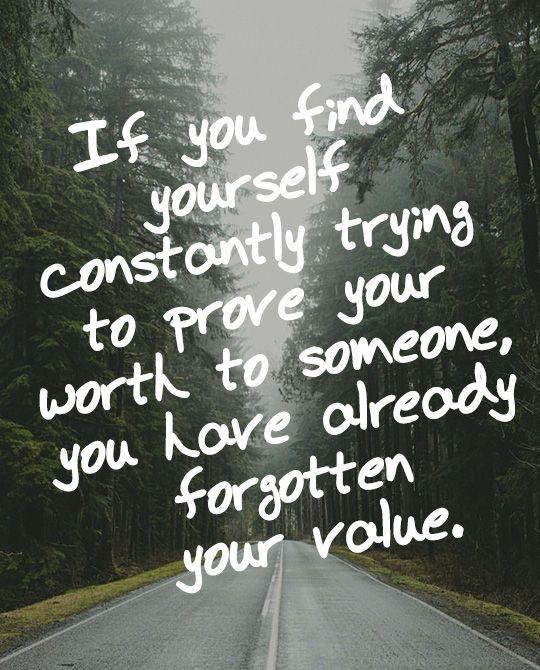
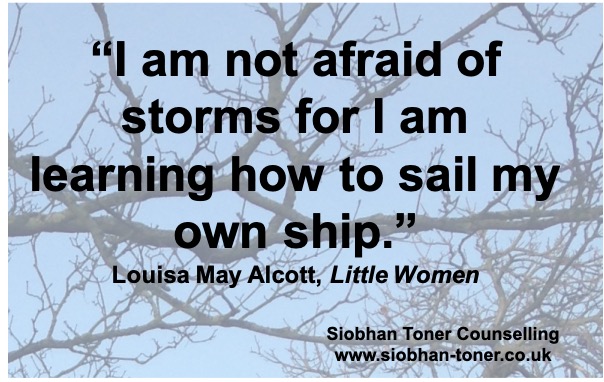
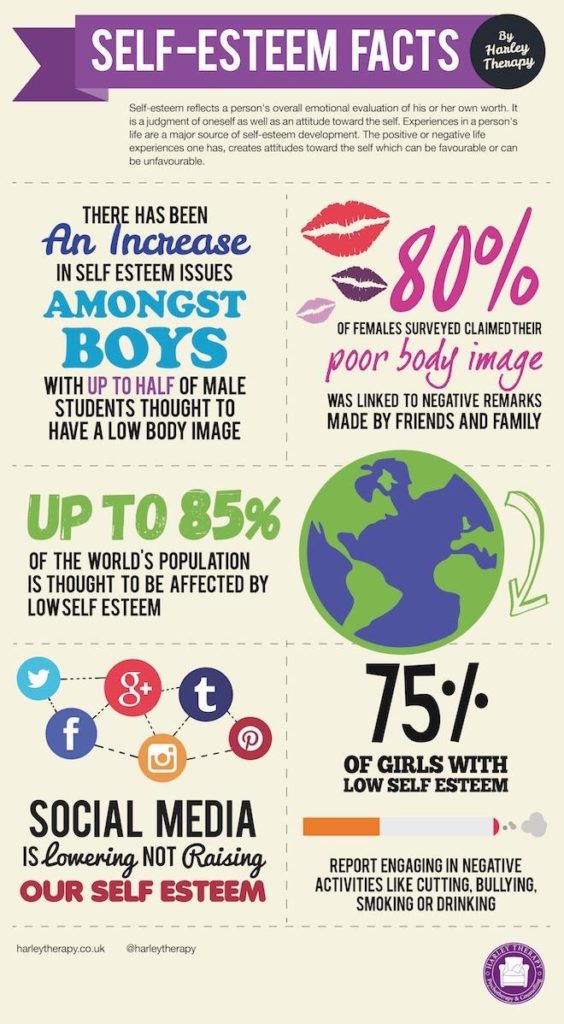
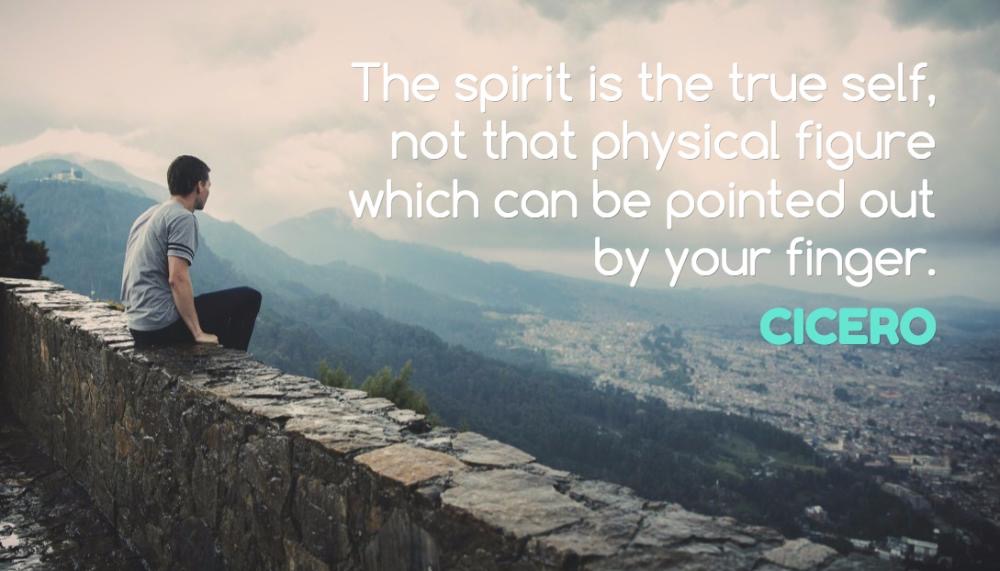
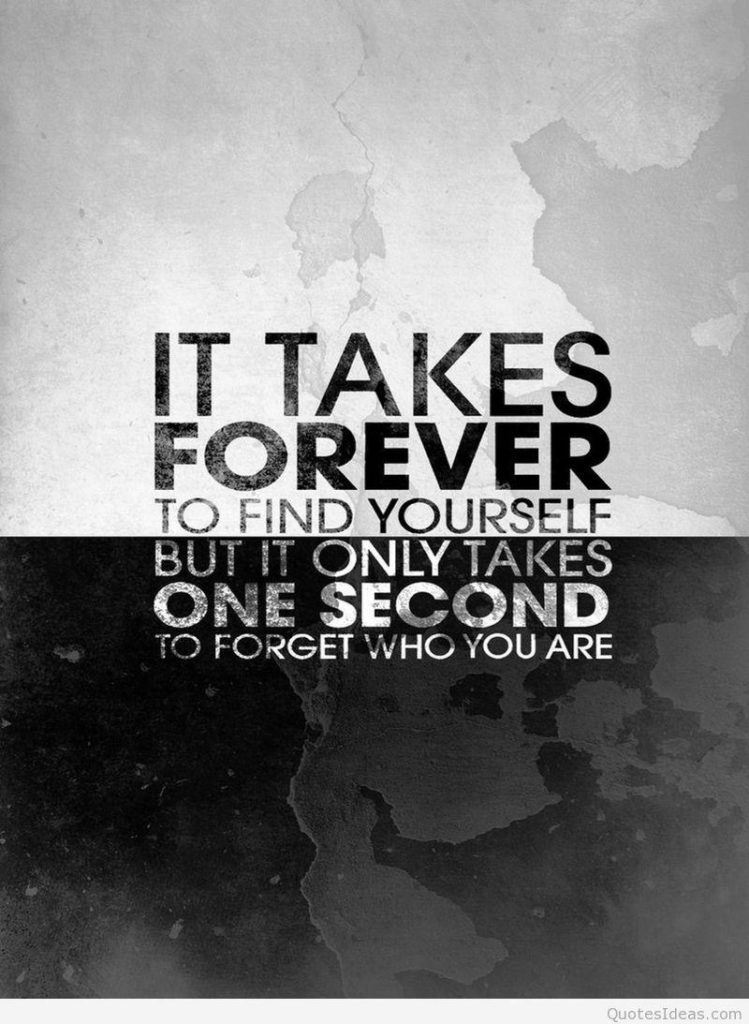
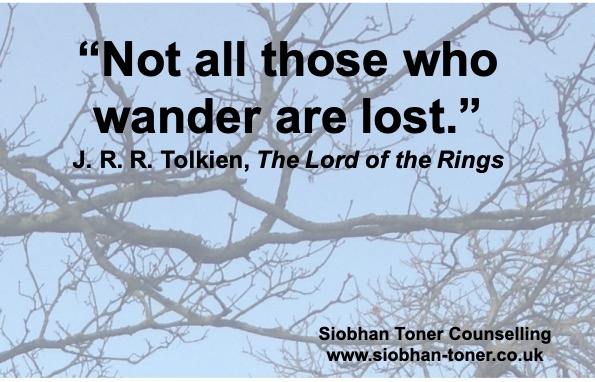
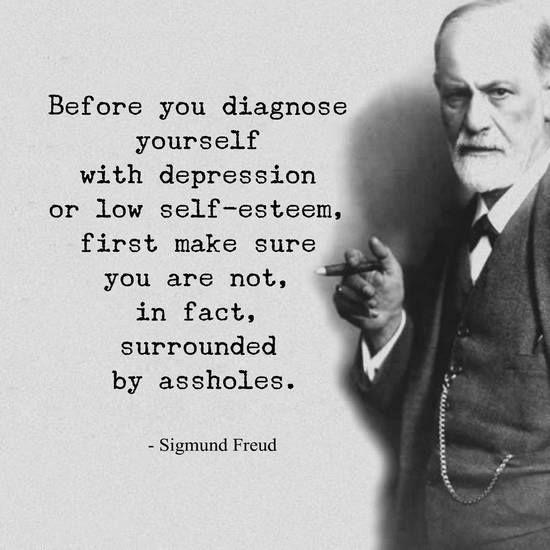
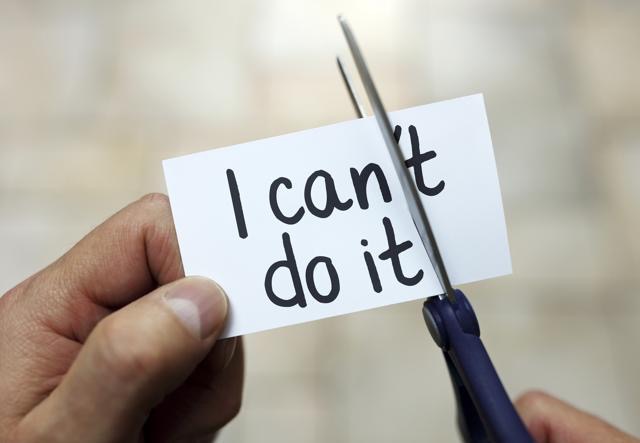
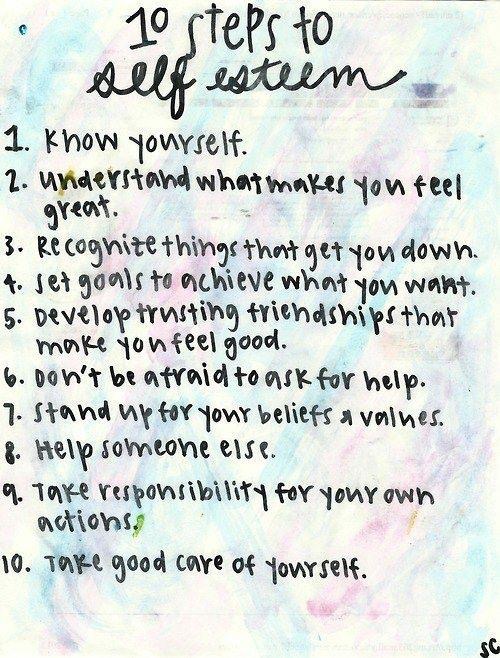
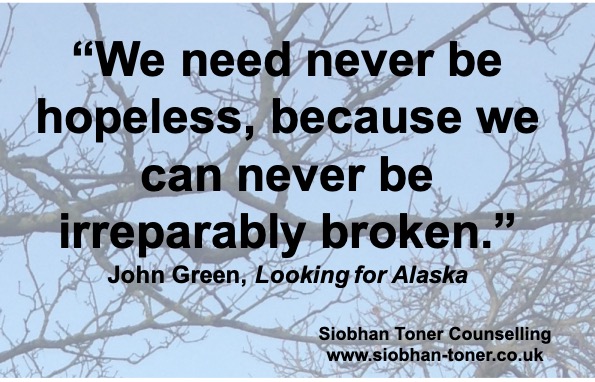
This article with the words of a non binary 10 year old is brilliant.
Its clear and straightforward but the final quotes struck me as so important, not just when dealing with gender diversity but life in general.
Just image how society would be if everyone followed this rule
I don’t need people to understand.
I just need people not to be rude.